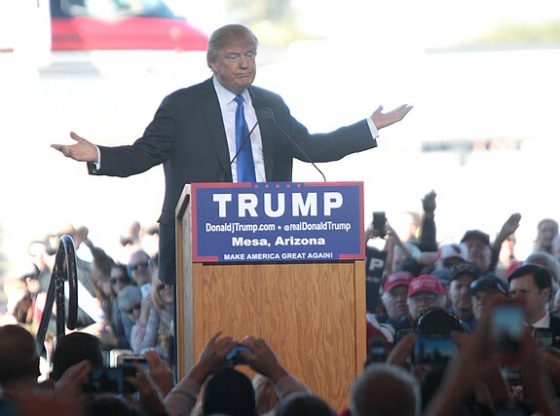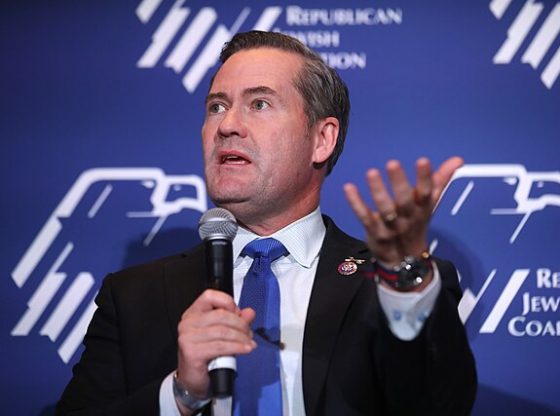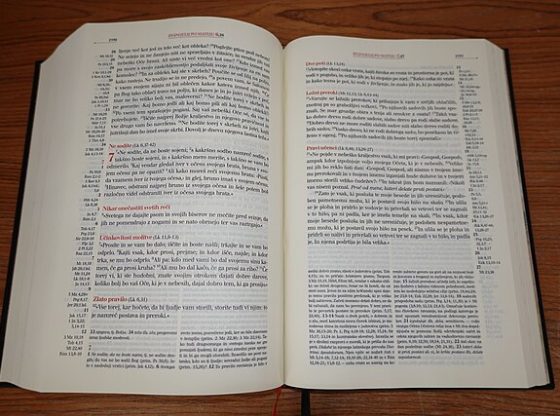Since first being elected to Senate in 2012, Elizabeth Warren has strived to build a carefully cultivated public profile aimed at depicting herself as the personification of liberal ideals. Her stances on issues such as gun control, immigration, healthcare, and taxes have gained her favor among party members and with voters well beyond the boundaries of her home state of Massachusetts. Her outspoken activism and penchant for engaging with national media has gained her national notoriety as one of the most prevalent faces of the Democratic party. This has been further illustrated by the slew of allies eager to sing her praises, including Barack Obama, Hillary Clinton, and other prominent party members.
As her name recognition has soared, it has become clear that Elizabeth Warren owes her political success to the Democrats, and has even been called “the soul of the Democratic party” in the media. At the same time, Warren’s recent emphasis on social movements such as the Women’s March, Black Lives Matter, and #metoo initiative have gained her a grassroots following of more progressive voters. As one of the most prominent liberal senators, Warren has been looked to by many to set the tone for the liberal vote. As a result, Warren finds herself faced with two options: she can either stand for the new-wave progressive movement and hope to gain favor with equally progressive voters, or she can continue to repay the party that is responsible for her past success. Seemingly unable to decide, Warren has faced this decision with total inconsistency, and has grown increasingly erratic in her support of Democratic vs. more progressive candidates.
Given the support showed to her by the party in the past, it would behoove Warren to endorse and promote the election of fellow establishment-friendly candidates across Massachusetts. Instead, it seems that Warren is contributing directly to the splintering of a party that generally strives to present a unified front. As the November races unfold and candidates continue to throw their hats in the ring, the Democratic party is being slowly pulled apart from within, aided by Warren’s inability to put a stake in the ground. In Massachusetts alone, Democrat incumbents are finding themselves increasingly challenged by candidates crawling from the woodwork of the liberal left. Democratic Secretary of State William Galvin and U.S Representatives Stephen Lynch and Mike Capuano find themselves facing upcoming primaries laced with liberal challengers. Many supporters of these candidates find themselves blaming Warren for muddying what in their eyes should have been a clear-cut nomination. Due to her recent and vocal embrace of the progressive left, Warren is slowly being viewed as an instigator of the growing divide among Democrats, whose critical and vocal actions of progressive social movements have instigated a movement of liberals hoping to unseat incumbents who they see as representatives of the establishment.
Warren’s actions have validated these claims. Given the opportunity to promote the party that has handed her political clout, Warren has instead stirred the pot at every turn. In October 2017 Warren abandoned her left-liberal base and endorsed incumbent Marty Walsh in his run for Mayor of Boston. His challenger, African-American Tito Jackson, represents for many the same new-wave liberalism that Warren previously worked to equate herself with.While Warren’s support of Walsh was largely anticipated, it is in direct conflict with her recent progressive rhetoric, leaving supporters wondering where her true loyalties lie. Is Warren truly in favor of the social revolution that she peddles in the media? Or is she just another career politician hoping to set herself up for a presidential bid and party leadership?














